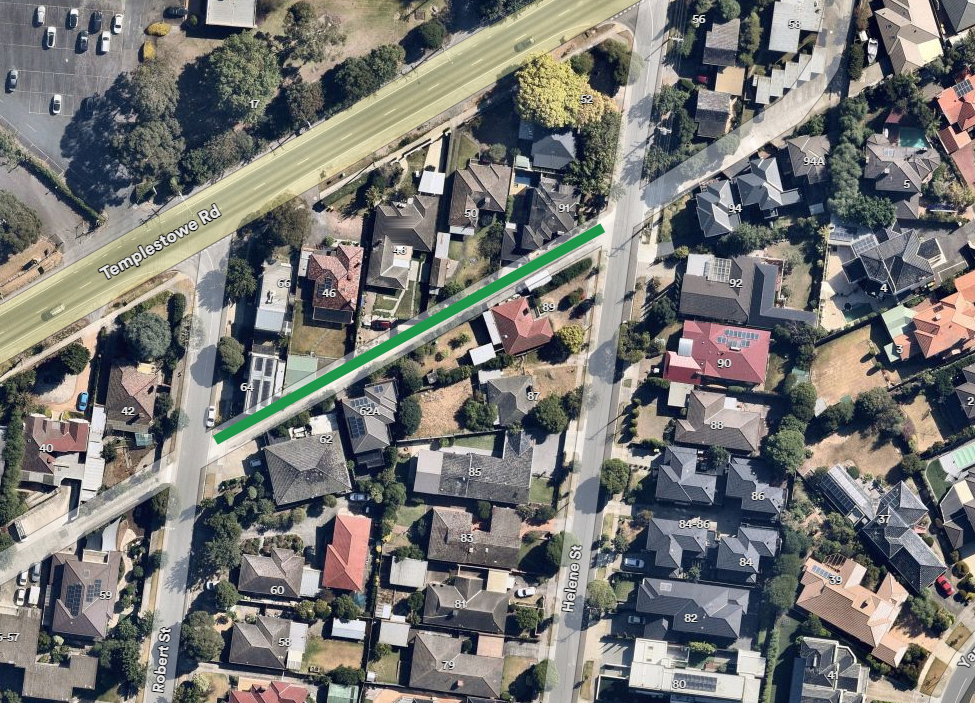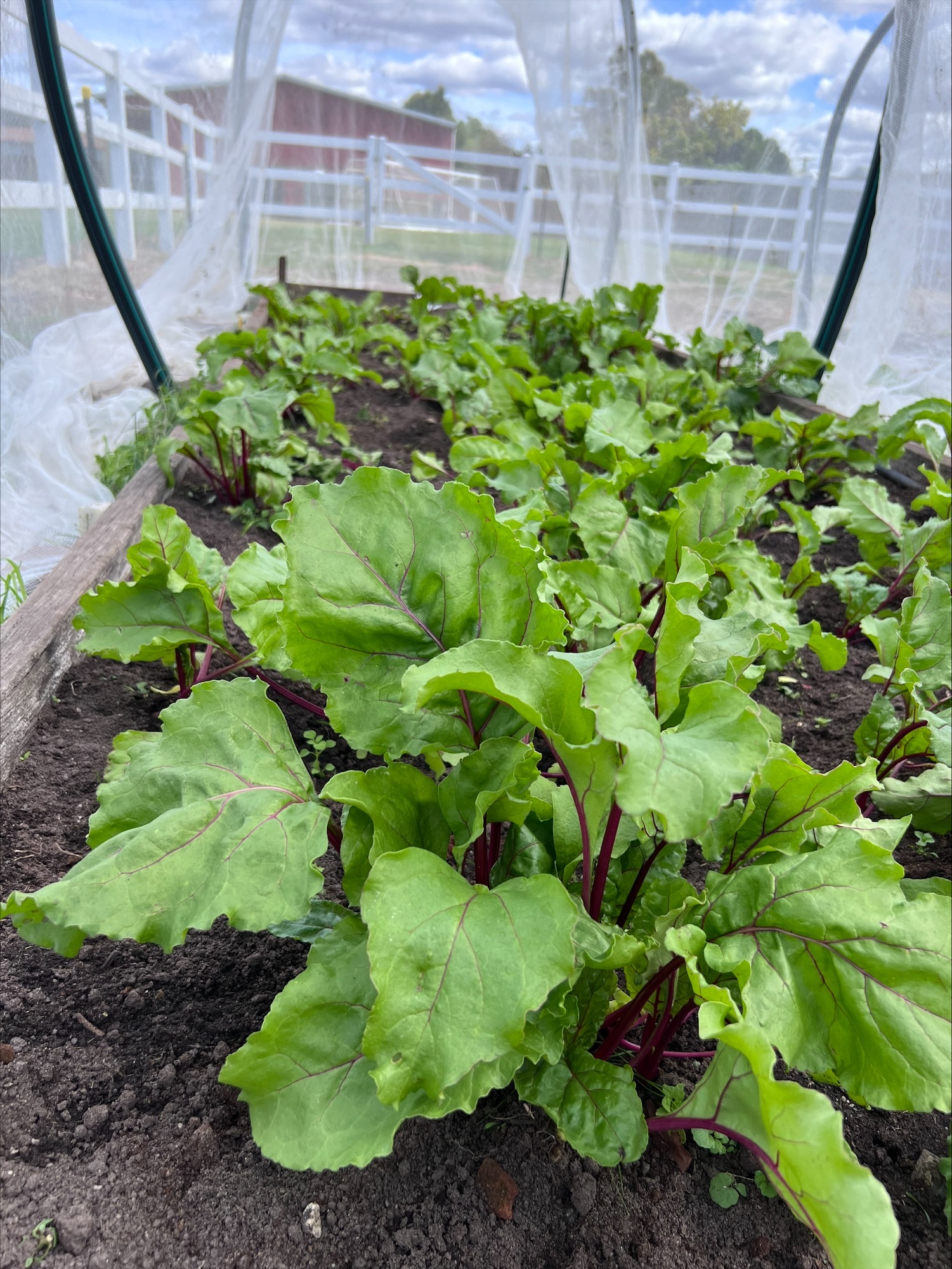Australian preschoolers’ growing screen time use, whether at day or night, is associated with poorer sleep, and poorer language and cognitive development, University of Newcastle researchers have revealed.
The World Health Organization and Australian Department of Health recommend no screen time for children under the age of two and no more than one hour for children aged two to four years. However, three quarters of Australian preschoolers exceed these recommendations.
Lead investigator of the study, University of Newcastle’s Dr Emma Axelsson (pictured below), said children’s close, regular and prolonged exposure to screens was a relatively new factor in human history, and it was therefore important to understand any associations with sleep and development.
“Children’s accessibility to and consumption of media devices such as smart phones, tablets, computers and televisions has increased over the past decade. In Australia, some children as young as four own their own device,” she said.
“There is a limited number of waking hours in a child’s day and so longer amounts of time spent engaging with screens could be reducing time spent on activities that are more beneficial to optimal development.”
The study: Screen Vs sleep, language and cognitive development
Researchers investigated preschool children’s exposure to screen media and associations with sleep, language, and cognition along with the time of day of screen exposure, content type, and whether use occurred with someone.
Parents and carers of Australian three to five-year-old children completed online questionnaires on their child’s screen time durations, which helped researchers identify associations between time spent engaged with three different content types and sleep duration and quality; and cognitive and language development. The content types were relaxing/calming, entertainment, and educational.
Questions sought to calculate an estimate of children’s sleep duration and the quality of their sleep through the Children’s Sleep Wake Scale (CSWS), which records factors such as how easily they settle to sleep and how often they wake through the night.
The Ages and Stages Questionnaire – a brief, standardised screening tool suitable for children aged two to 60 months – can provide scores on five developmental domains: communication, gross motor, fine motor, problem solving, and personal-social. This study considered the communication and problem-solving domains to gauge children’s language and cognitive development.
Results: Now screening
Almost all households had a laptop, tablet, smartphone and TV and about 75 per cent had a gaming console.







